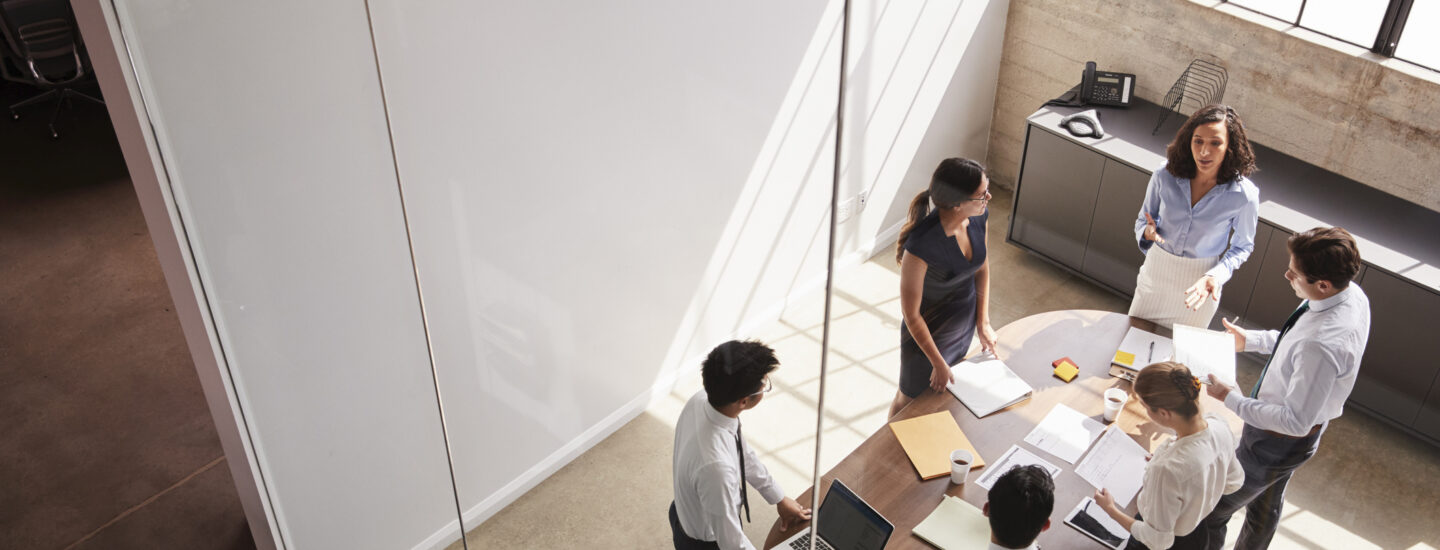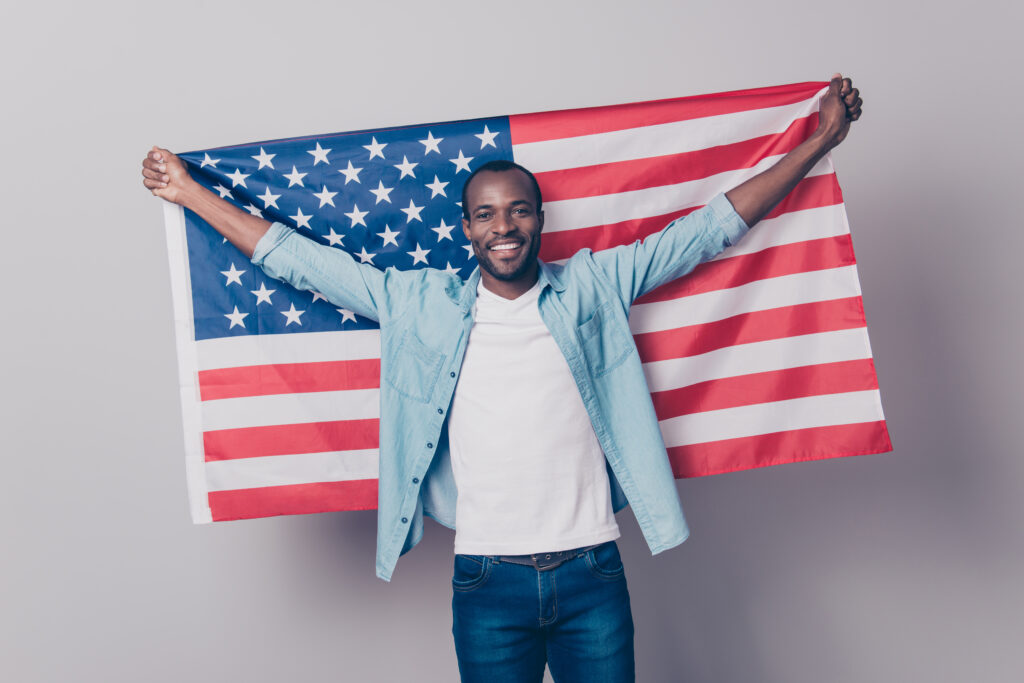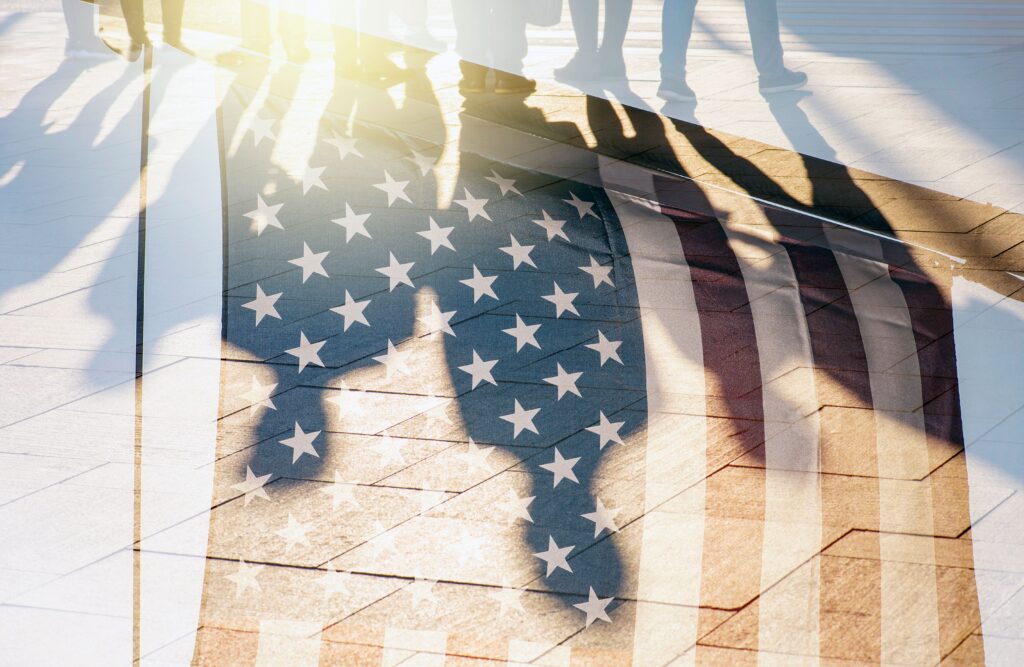

The United States welcomes a variety of talents from all around the globe, acknowledging the vibrant diversity they bring to the country’s cultural and sports arenas. Athletes and artists, in particular, have specific visa categories to facilitate their entry and stay. Securing these visas can be a complex process, but with the right knowledge and preparation, it can be successfully navigated. This article will provide an overview of the available visa options for athletes, artists, and entertainers seeking to work or perform in the U.S.
Our lawyers at Bashyam Global Immigration Law Group have over two decades of experience and expertise in helping athletes, artists, and entertainers obtain the appropriate visas. Whether you are a professional athlete or a renowned artist, we can help you choose the right visa category and guide you through the application process.

Most artists and athletes should look at these visa categories if they are wanting to come to the US:
The O-1 visa is designed for individuals with extraordinary ability in the fields of sciences, arts, education, business, or athletics with national or international acclaim. This visa requires a high level of achievement and recognition in the applicant’s field of expertise. For athletes and artists, this means having prestigious awards, international acclaim, or critical acclaim for their work.
To qualify for an O-1 visa as an athlete or artist, you must provide evidence that you are recognized as being at the top of your field. This can be achieved through awards, media recognition, or expert testimonials. You must also have a job offer from a U.S. employer or an agent who will represent you in the U.S.
The processing time for an O-1 visa can vary significantly depending on USCIS processing times, or on the U.S. consulate or embassy if visa issuance is required, as well as on the applicant’s specific circumstances. Typically, once the complete application package is submitted, including all required evidence and documentation, the average normal processing time ranges from 4-6 months. This processing time can change based on USCIS workloads or global circumstances. However, the United States Citizenship and Immigration Services (USCIS) does offer a Premium Processing Service for an additional fee, which guarantees a response within 15 calendar days. It’s important to note that this expedited processing does not guarantee approval; it merely ensures a faster response. Planning ahead and allowing ample time for visa processing is always recommended.
The P-1 visa is designed for internationally recognized athletes and entertainers coming to the U.S. to perform at a specific event or competition or for an internationally recognized entertainment group. This visa category also covers essential support personnel, such as coaches and trainers, who are integral to the athlete or entertainer’s performance.
To qualify for a P-1 visa, you must have achieved national or international recognition and have participated in a significant event or competition in your field within the past year. Your petitioning employer must also provide a detailed itinerary of your planned events and competitions in the U.S.
The processing time for a P-1 visa also varies depending on USCIS processing times, or on the specific U.S. consulate or embassy if visa issuance is required. After submitting the complete application package with all necessary documentation, the average processing time for a P-1 visa typically falls between 4-6 months. This processing time is subject to change based on USCIS workloads and other circumstances. As with the O-1 visa, USCIS offers the Premium Processing Service for an extra fee, ensuring a response within 15 calendar days. Again, this does not guarantee approval, but it does deliver a quicker response. Thorough planning and an early start to the application process are highly advised for prospective P-1 visa applicants.
The P-2 visa is for artists or entertainers coming to the U.S. through a reciprocal exchange program between an appropriate labor organization in the U.S. and a foreign country. This visa category allows for cultural exchange and sharing of artistic talents between countries.
To qualify for a P-2 visa, you must be part of an exchange program that is mutually beneficial to the U.S. and your home country. You must also have a valid job offer from a sponsoring labor organization in the U.S.
The processing time for a P-2 visa can vary quite markedly depending on USCIS processing times, or on the specific U.S. consulate or embassy if visa issuance is required. After submission of the complete application package, including all the necessary documentation, the average processing time generally falls between 4-6 months. This processing time is subject to change based on USCIS workloads and other circumstances. However, it’s important to remember that USCIS offers a Premium Processing Service for an additional fee, ensuring a response within 15 calendar days. This doesn’t guarantee approval, but it does promise a quicker response. Given the variability in processing times, it is prudent for prospective P-2 visa applicants to begin the application process as early as possible.
The P-3 visa is designed for artists or entertainers coming to the U.S. to perform, teach, or coach in a culturally unique program. This visa category covers traditional performing arts, such as folk dance and music, or any other cultural event that is considered unique to your home country.
To qualify for a P-3 visa, you must have expertise in a culturally unique art form and be coming to the U.S. to participate in a culturally unique program. You must also have a U.S. employer or sponsoring organization that will facilitate your participation in the program.
The processing time for a P-3 visa can vary depending on USCIS processing times, and on the specific U.S. consulate or embassy processing if visa issuance is required. With the complete application package, including all required documentation, the average processing time generally ranges from 4-6 months. This processing time is subject to change based on USCIS workloads and other circumstances. Like the other visa categories, the United States Citizenship and Immigration Services (USCIS) provides a Premium Processing Service for an additional fee, which guarantees a response within 15 calendar days. However, it’s worth noting that this expedited processing does not guarantee approval but ensures a quicker response. As always, prospective P-3 visa applicants are advised to start the application process early to account for any unforeseen delays.
If you are an athlete or artist with extraordinary ability in your field and wish to permanently live and work in the U.S., you may be eligible for an EB-1A visa. This category is reserved for those who have risen to the very top of their profession, such as Olympic medalists, Grammy award-winning artists, or Nobel Prize winners, or if you meet other eligibility items.
To qualify for an EB-1A visa, you must provide extensive evidence of your extraordinary ability, such as major international awards, media recognition, and expert testimonials. You must also have a job offer from a U.S. employer who will sponsor your green card application.

To apply for any of the visa types mentioned, follow these general steps, each with its own unique requisites. The aid of an attorney can prove helpful in understanding and fulfilling these requirements:
Gather Documentation:
Compile all necessary documentation to substantiate your claim for the visa. The documents you need will vary depending on the visa type. For instance, an O-1 visa requires evidence of international acclaim, so you’ll need to gather media reports, awards, and expert testimonials. An attorney can help you understand which documents are most persuasive and how to collect them.
Secure a Petitioner:
You must secure a U.S. employer, agent, or sponsor who will file the visa petition on your behalf. This requirement varies by visa type. For instance, an EB-1A immigrant petition does not require a U.S. employer to sponsor your green card application. An attorney can help you navigate these relationships and ensure that your petitioner fulfills their obligations.
Wait for USCIS Decision:
Once USCIS receives the application, they will review it and make a decision. The processing time can vary depending on the workload of the USCIS and the type of visa for which you’re applying. An attorney can help manage your expectations during this waiting period and may be able to expedite the process in certain situations.
Each visa category mentioned above has its particular work rights and restrictions. For instance, with an O-1 visa, the visa holder can work legally in the U.S. for the O-1 visa sponsor. If the holder wants to change jobs, a new O-1 visa application must be filed. P visa holders can work for multiple employers, but each employer must file a separate petition. The EB-1A visa holder has open market employment authorization, meaning they can work for any employer in the U.S. Contact our experienced team to learn more about the specific work rights and restrictions associated with your visa category.
The duration of stay varies among different visa categories. O-1 visa holders can stay in the U.S. for up to three years, with the possibility of extension in one-year increments. P-1 visa holders: A person may be allowed to stay in the U.S. for up to five years with extensions not to exceed a total stay of ten years. An EB-1A visa provides permanent residence, and thus, holders can stay in the U.S. indefinitely.
All of these visas allow the holder to bring immediate family members (spouse and unmarried children under 21) to the U.S. The family members will be given a derivative status, but they are not allowed to work unless they have their own work visas. They may, however, attend school or college.
It’s essential to be aware and understand these rights and obligations under your visa category to ensure compliance and maintain your status. Always consult with your attorney or legal representative to get accurate information specific to your case.
The Visa Waiver Program, while highly beneficial for tourism and limited business purposes, does not extend its utilities to athletes and artists intending to work or perform in the U.S. These individuals must secure an appropriate work visa prior to their arrival in the country. Thus, athletes and artists, or their agents, should consult with immigration professionals to understand the best visa options for their specific situation.

At our law firm, we understand the complexities and challenges faced by athletes and artists in navigating the U.S. immigration system. Our experienced team of immigration attorneys stands ready to guide you through each step of the visa application process. We offer personalized service tailored to your unique situation, whether you are applying for an O-1, EB-1A, or P visas.
We can assist you in gathering persuasive documentation, securing a petitioner, filing your petition, and preparing for your visa interview. Additionally, we’ll provide invaluable guidance on your rights, restrictions, and obligations under each visa category, ensuring that you maintain your visa status while in the U.S.
Understanding the fine print of U.S. immigration law can be overwhelming, but you don’t have to do it alone. Allow us to assist you in your journey to work or perform in the U.S. and make the complex visa application process a whole lot simpler and smoother. We’re here to help; contact us today online or call us at 919-833-0840 to schedule a consultation and take the first step toward your dream.